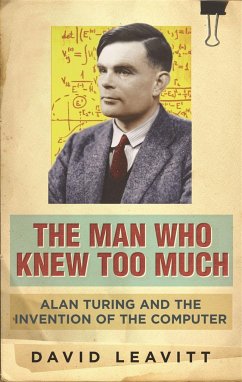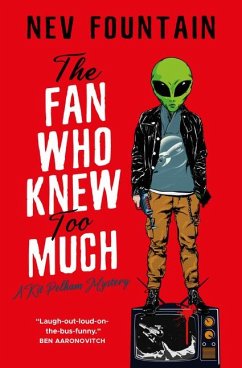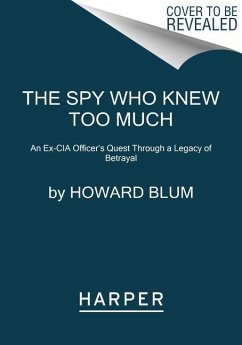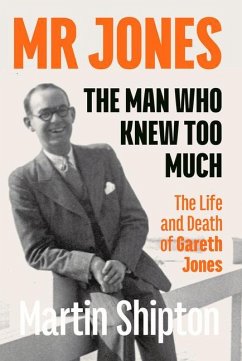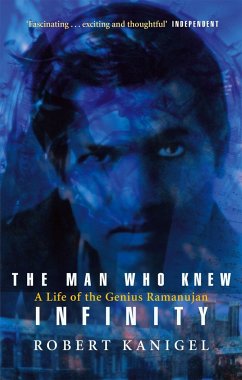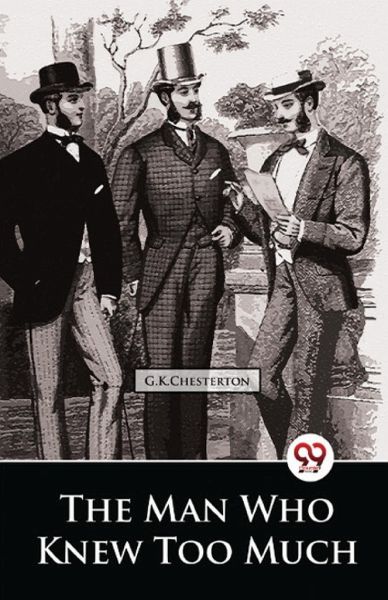
The Man Who Knew Too Much

PAYBACK Punkte
7 °P sammeln!
The man who knew too much is a collection of short stories written by G. K. Chesterton which is centered around Horne Fisher, who is a font of all knowledge, which enables him to solve crimes and mysteries in less time. Fisher is a man who socializes with journalists and politicians (and comes from a family of politicians himself). They solve all sorts of crimes that turn out to have political implications and must therefore never be revealed to the general public, or the consequences would be terrible. Fisher employs his information to reveal the actual criminals of various crimes, from theft...
The man who knew too much is a collection of short stories written by G. K. Chesterton which is centered around Horne Fisher, who is a font of all knowledge, which enables him to solve crimes and mysteries in less time. Fisher is a man who socializes with journalists and politicians (and comes from a family of politicians himself). They solve all sorts of crimes that turn out to have political implications and must therefore never be revealed to the general public, or the consequences would be terrible. Fisher employs his information to reveal the actual criminals of various crimes, from theft to murder, through eight short stories. Some murder stories are gruesome while others can draw you into the mystery. Short murder mysteries are told throughout the stories, and Mr. Fisher solves the crimes. But, how? How does Fisher solve these murder mysteries? Will his two friends help him out? To find out more about this man who knew too much, Readers should go through this interesting book!







